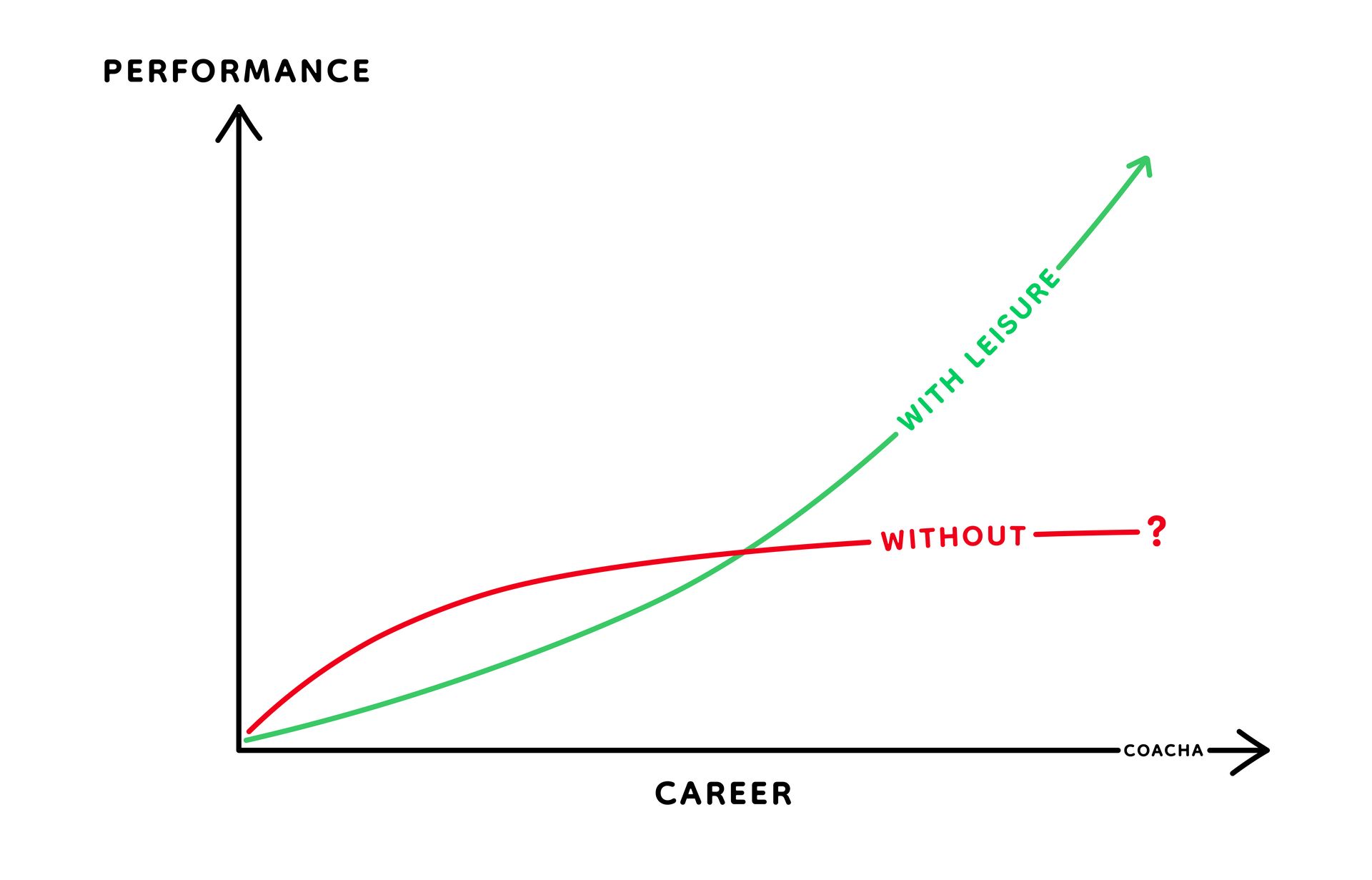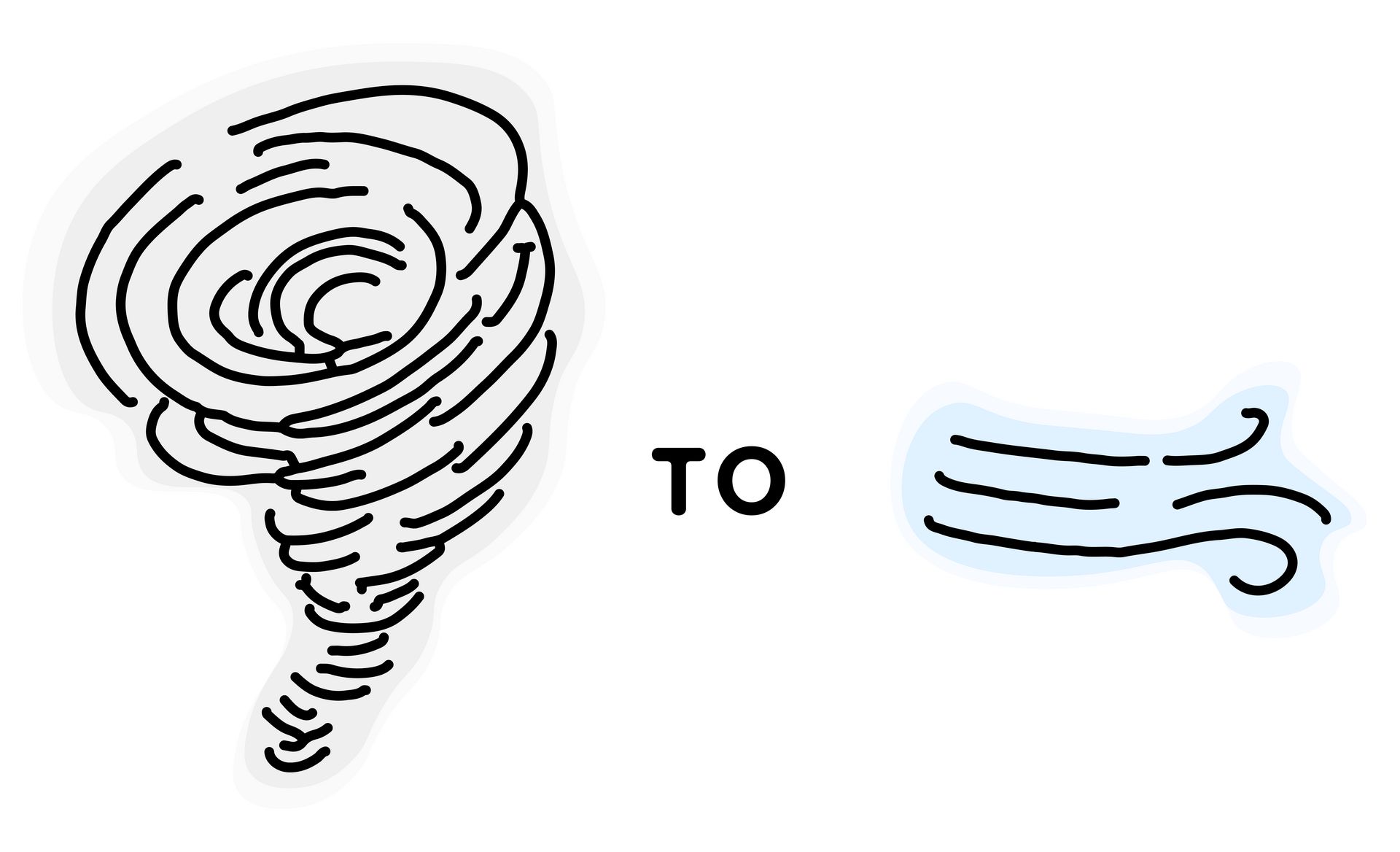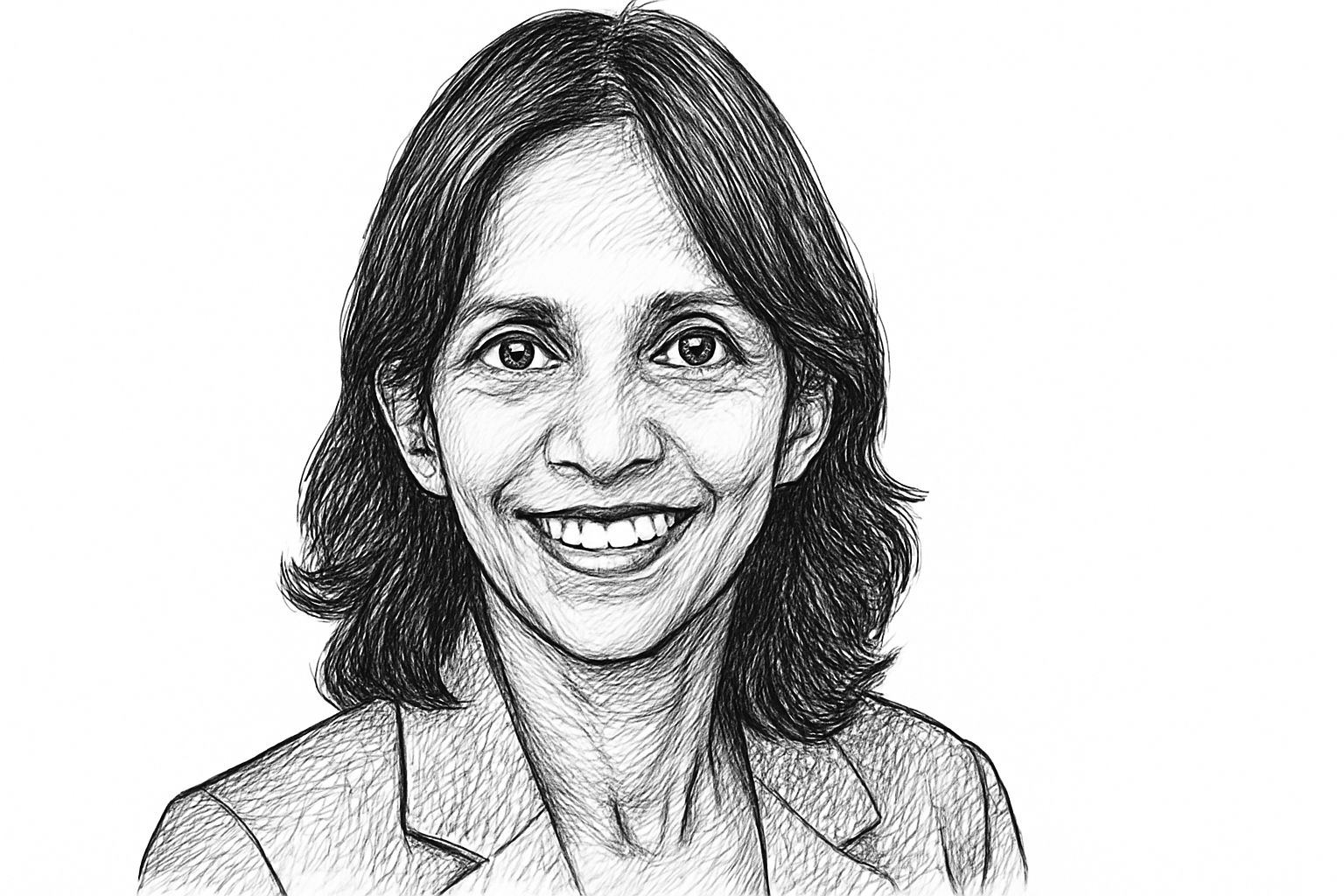
For the next 5 minutes, let’s elevate your career.
In today’s email:
No badge of honor
5 ways to de-escalate an argument
Embrace the discomfort
Early
Shemara Wikramanayake’s career wisdom
Friends, your free CareerCoacha membership is going from once per week to once per month. Coacha is doing this because we’re now also producing paid LeaderCoacha and SalesCoacha newsletters for our corporate clients. These newsletters are accompanied by leadership and sales assessments. Please contact us here if you're interested to learn more about these products.
We've now stopped free access to CareerCoacha for any new readers. Your access remains free. We have a growing number of corporate clients who pay for the CareerCoacha newsletter as part of their learning package.
Thank you for your readership!
ON YOUR CAREER
No badge of honor

Arianna Huffington said, “Working constantly without rest isn’t a badge of honor — it’s a recipe for mediocrity.”
Exhaustion reduces creativity, decision-making, and resilience. Our mood suffers when we’re too tired. It’s harder to collaborate with colleagues and we can be bad company at home.
Rest and leisure support our work performance. And it makes the sweat and hustle sweeter.
I can get a year's work done in 11 months, but not in 12.
COMMUNICATION
5 ways to de-escalate an argument

Debate is essential at work. Debate becomes counter-productive when we’re flooded by negative emotions. Fight or flight chemicals impede our reasoning. The willingness and ability to de-escalate arguments is a sign of emotional intelligence. Here are 5 ways to quickly de-escalate an argument:
1. Treat ourselves less seriously
We can puff-up in self-importance and care too much about winning an argument. Ego is the enemy. Put ourselves on mute, have a sip of water, and continue to discuss with a humbler energy.
2. Accept bids from the others
Others can seek to de-escalate. Their bid could be an attempt at humor or a reminder of a more positive history between you. The bid may involve them being vulnerable. Treat their bid as a generous invitation and reciprocate with friendlier communication.
3. Defer the argument
You might say, ‘we both care a lot about this topic. And our conversation has got heated. Why don’t we take a break and re-convene at ________’ The break could be 30 minutes to take a walk. It could be a week. Schedule a time to reconvene: you want to try resolution.
4. Debate from their perspective
Suggest that you both argue in the alternative — now advocating the opposite position. Debating from their perspective increases mutual empathy. You also clarify subtleties which makes it easier to reach and sustain agreement.
5. Summarize what you agree upon as you debate
It’s worth summarizing what’s agreed as you go. This builds goodwill and momentum. This also narrows the debate to the zone of contention - saving time by focusing on unresolved points. If someone reverts to what has been agreed, it may be that they seek additional confirmation.
He who has learned to disagree without being disagreeable has discovered the most valuable secret of negotiation.
PRODUCTIVITY
Embrace the discomfort

A growth mindset means accepting discomfort. This is needed to learn new skills. Many people are afraid of looking incompetent and quit before they make significant progress.
We can beat most people at most things if we’re prepared to embrace the discomfort.
If you’re willing to suck at anything for 100 days in a row, you can beat most people at most things.
1 MINUTE TO LESS STRESS
Early

I like being early for meetings and flights. This means I avoid the adrenaline and cortisol of hurrying and worrying. My mood is good. It’s easier to be in-the-zone of high performance for work or ready for leisure.
Some people prefer the rush of “barely making it.” A dopamine spike is rewarding and forms a habit. A brain can become biochemically conditioned to last-minute action.
Being early avoids the rush and the stress. Your choice.
Being early means you’re not rushed. You’re not panicked. You’re ready. And readiness is a form of confidence.
CAREER WISDOM
Shemara Wikramanayake

Shemara Wikramanayake (1962 — ) was born in the UK and raised across multiple countries, an upbringing that shaped her global outlook. After studying law and commerce at the University of New South Wales, she joined Macquarie Group in 1987. Wikramanayake rose through the ranks to become CEO in 2018. She’s the first woman to lead the firm and one of the most powerful women in global finance. Andrew Forrest said of her, “Shemara brings a rare combination of intellect, empathy, and strategic brilliance — she is redefining what leadership in global finance looks like.”
Some of Wikramanayake’s career wisdom:
I was able to accept quickly that I could do nothing about our peripatetic circumstances. But I appreciated that I still had choices and things I could control, including my attitude.
Really what I have to do is create a culture where [everyone is] empowered to act like a leader and get on with it.
Life is too short to learn everything to know from your own mistakes. You’ve got to learn from the mistakes of others.